Boon and bane of media for direct democracy
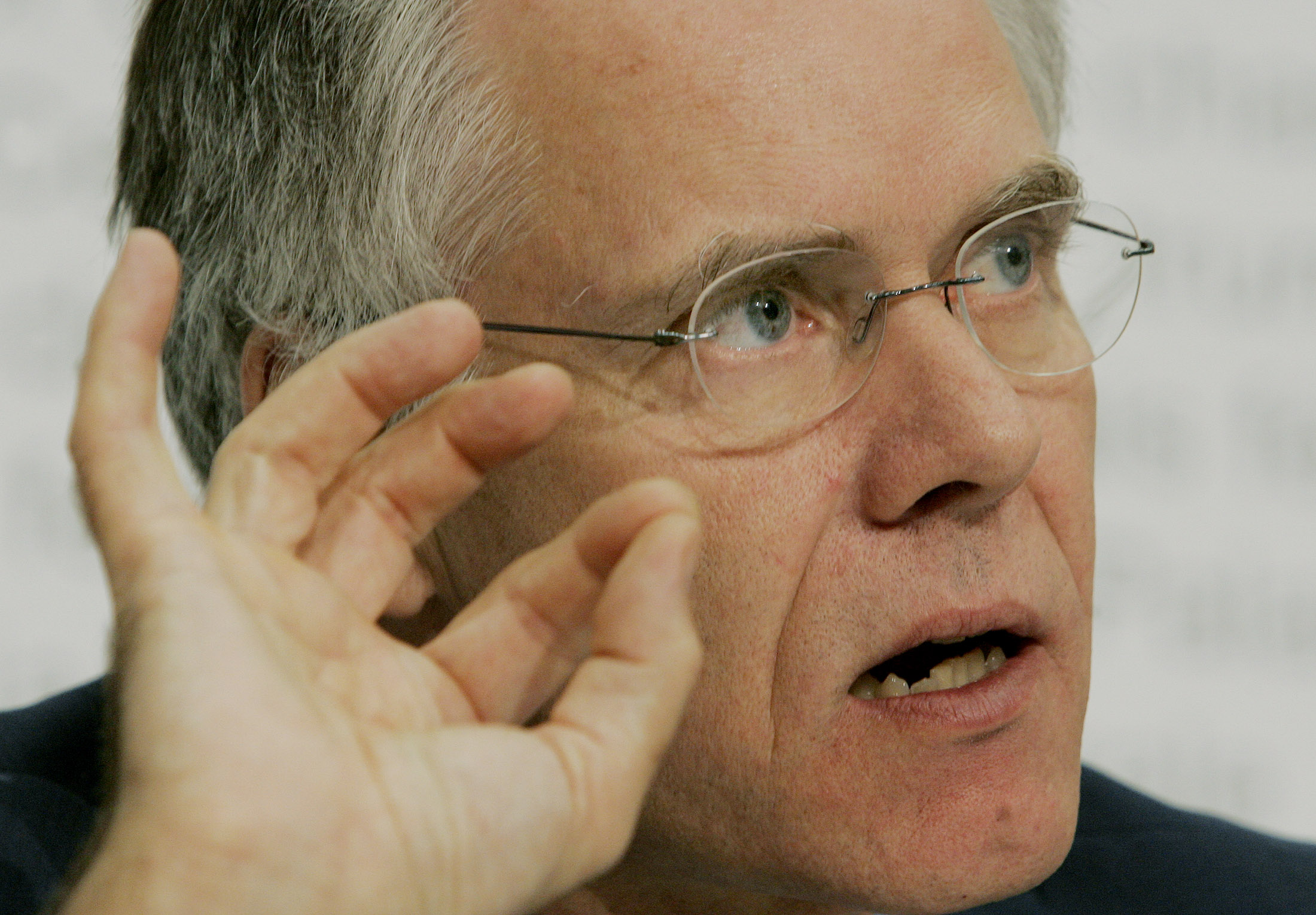
Is Swiss-style democracy at risk because media in the country is increasingly global, superficial, commercial and user-generated? Switzerland’s former Communications Minister believes in creative answers to the challenges.
Moritz Leuenberger was invited by the University of Bern to a discussion on the changing face of the media and its impact on direct democracy. He identified several major factors at play: the growing role of social media, the dramatic loss in revenue from advertising and a trend towards simplification, emotions and personal antagonism.
In some cases, Leuenberger argues that those elements – often from the United States – are incompatible with the Swiss political system of consensus, compromise, respect for minorities and engagement of citizens both in politics – via voting and elections – and in society through volunteer work.
But the media is one of the pillars of Switzerland’s political and social system, providing information, creating awareness and helping form opinions, he said.
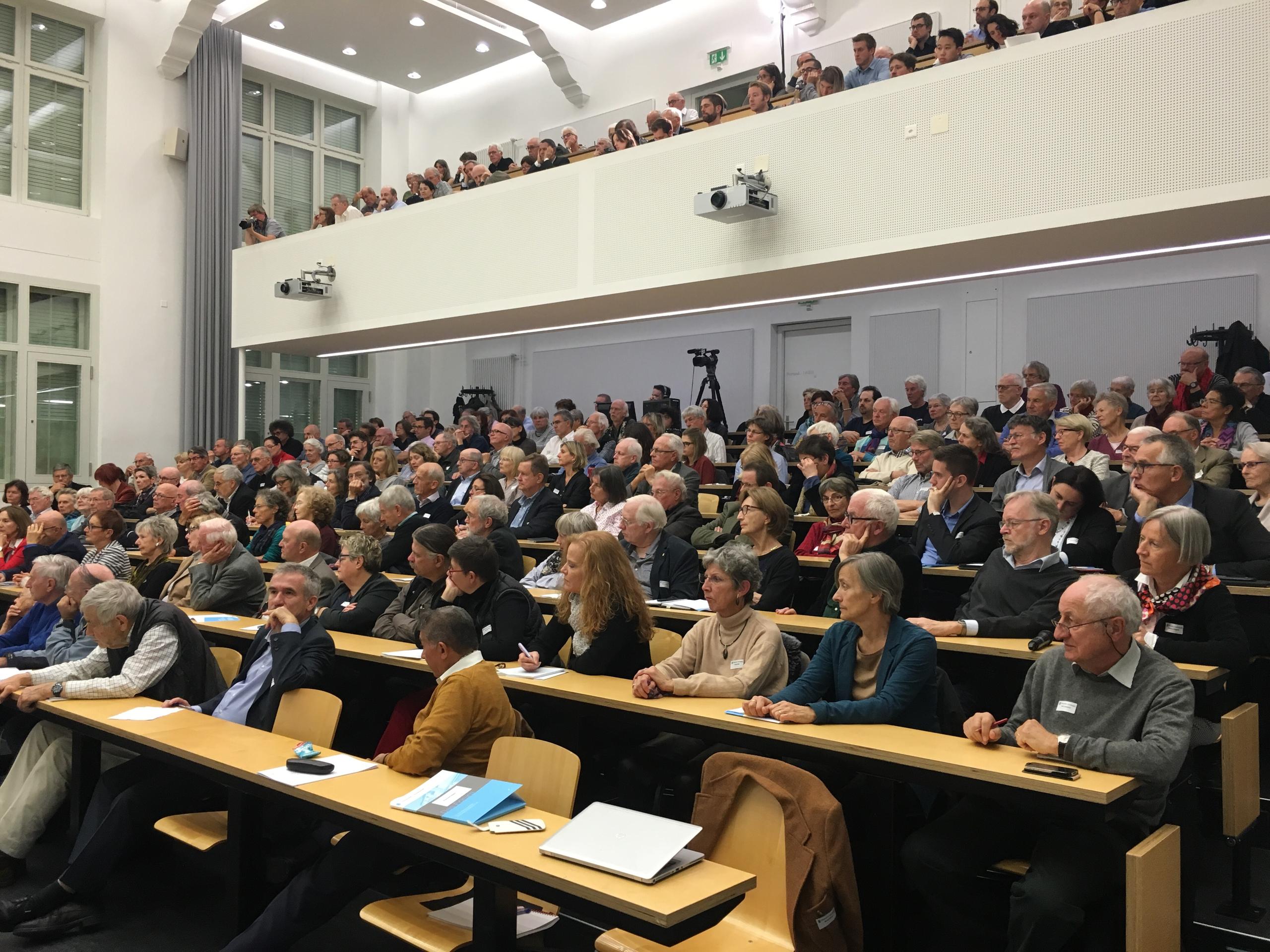
“By reporting on different positions the media make compelling contributions to the discourse in direct democracy. Without the media, citizens risk losing their self-responsibility.”
Irony
Leuenberger also laced his observations with a good measure of irony and criticism. He pointed out that the publishers of the respected Neue Zürcher Zeitung newspaper are “selling tote bags” to boost their finances and that most of the Swiss media appear to have become increasingly mainstream in their reporting.
He also wondered why consumers, including himself, allow online news providers to bombard them with more or less irrelevant Push alerts, and answered with a slight shrug of his shoulders.
The 70-year old politician, who stepped down in 2010 following 15 years as member of the Swiss government, ran a blogExternal link when he was still in office.
“I was surprised about the interesting feedback from readers at the beginning,” he said. But he gave up after four years as it became too time consuming and uninspiring to keep up the effort.
At the panel discussion earlier this month, Leuenberger did not spare his successor in the post of minister of transport, energy, environment and communications. In particular, he criticised Doris Leuthard for failing to appear before the media in October to defend the public Swiss Broadcasting Corporation – swissinfo.ch’s parent company – against attacks from the political right and centre.
Confidence
It was not all doom and gloom though. Leuenberger is confident that new ideas will help tackle the challenges of the media industry.
Leuenberger’s speech opened a series of discussions at the University of BernExternal link in October and November on the changing face of the media and its impact on direct democracy.
Other speakers include scientists, representatives of major media companies, including the director-general of SBC, editors-in-chief, as well as representatives of a major political party and the Federal Communications Office.
He singled out a commercial German-language news platform, WatsonExternal link, for its creative approach of information and entertainment, the internet site SmartvoteExternal link for citizens looking for advice ahead of elections or public ballots and television series which indirectly contribute to the creation of political awareness.
Leuenberger called for increased transparency about hidden commercial or political agendas of the players in the media industry to prevent manipulation of citizens. It is crucial for the media to be a credible and trustworthy source even more so in a system of direct democracy, he said.
As for the role of the state in supporting the media financially, Leuenberger remained sceptical. But he acknowledges the important task of state funded schools and other educational institutions in fostering civil awareness.
Optimist, pessimist?
At the end of the evening, there was no consensus in the audience about Leuenberger’s answer to the question on the role of the media.
He heard critics describing him as both a cynical pessimist and an optimist.
Leuenberger himself referred to history and the 19th century Russian author Leo Tolstoy.
“Tolstoy used to say that the press is terrible. But look at us today, we are still alive.”
Are Facebook, Twitter, Snapchat good or bad for democracy? Let us know what you think.

In compliance with the JTI standards
More: SWI swissinfo.ch certified by the Journalism Trust Initiative

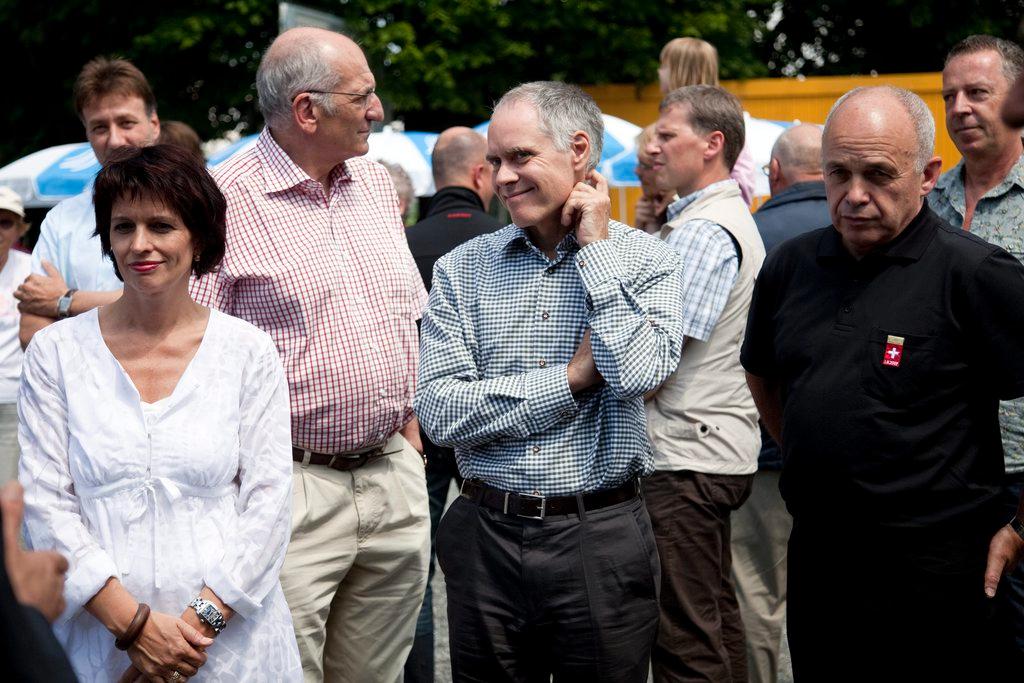
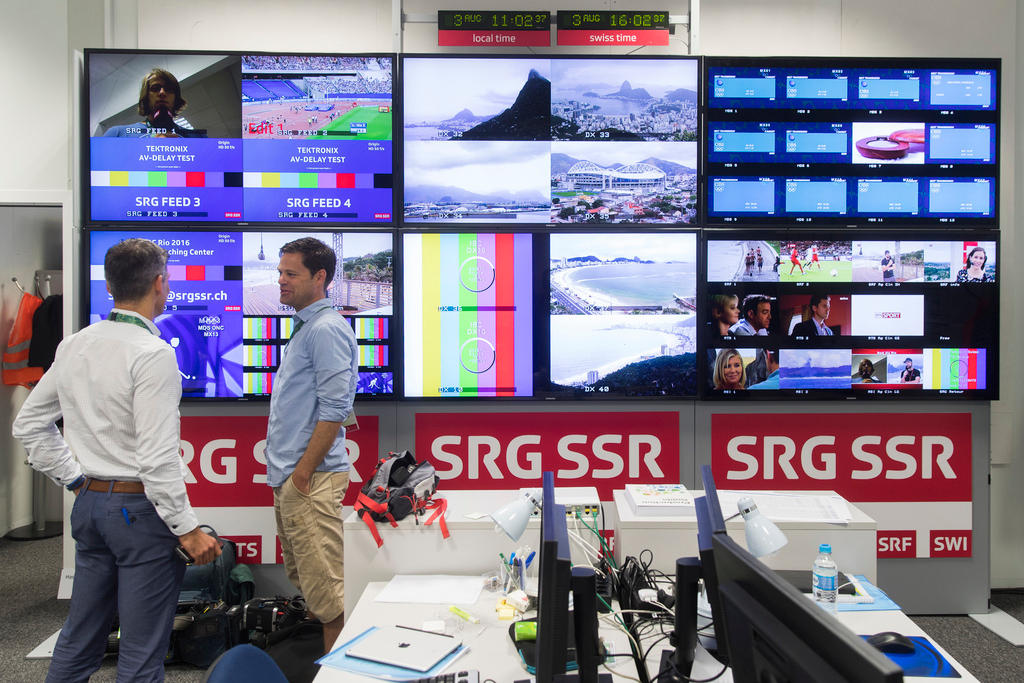

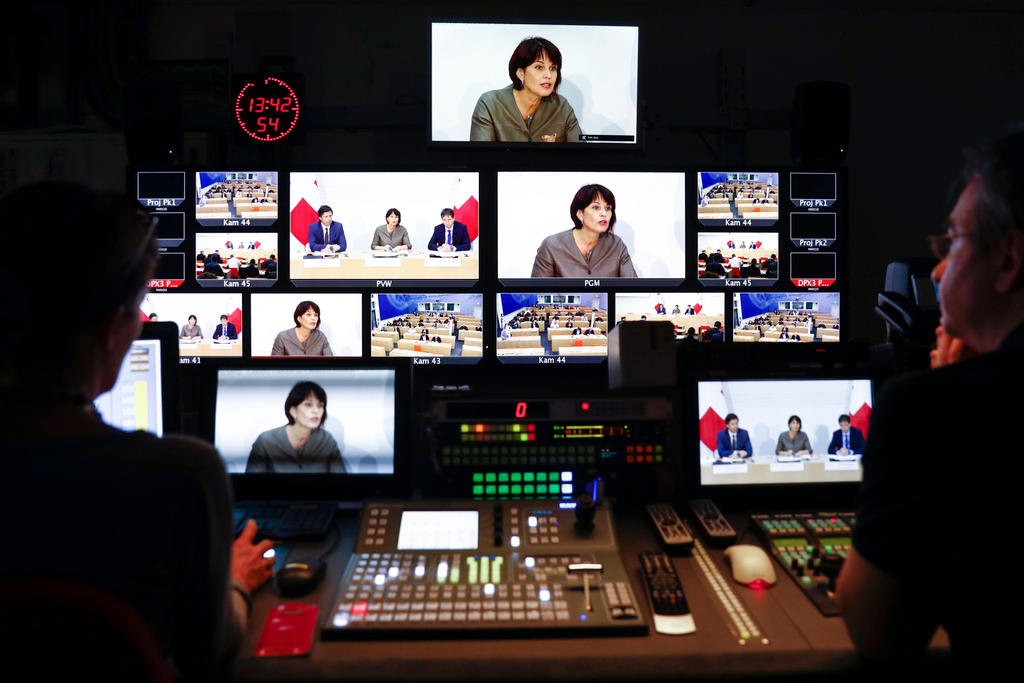
You can find an overview of ongoing debates with our journalists here. Please join us!
If you want to start a conversation about a topic raised in this article or want to report factual errors, email us at english@swissinfo.ch.